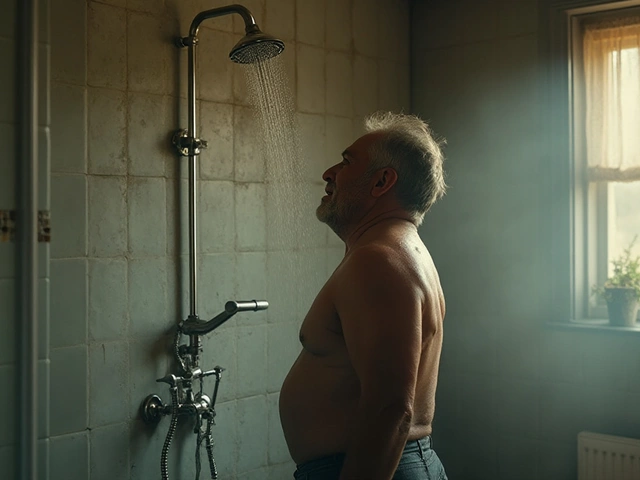Refrigerator Lifespan: How Long Your Fridge Should Last
If you’ve ever wondered whether your fridge is getting old, you’re not alone. Most homeowners expect a refrigerator to run for about 10‑15 years. Anything less usually means something went wrong early, and anything more often signals good maintenance.
What Affects a Fridge’s Life?
Age isn’t the only factor. Temperature settings, how often the door opens, and the quality of the unit all play a role. Keep the thermostat between 3‑5°C for the fridge and -18°C for the freezer – extremes make the compressor work harder and shorten its life. Also, avoid stuffing the fridge to the brim; good airflow helps the cooling system stay efficient.
Location matters too. A fridge in a hot kitchen or a garage will wear out faster than one in a cool, well‑ventilated space. Even the power supply counts – frequent voltage spikes can stress the electronics. Using a surge protector for major appliances can add a few extra years.
Common Fridge Failures and When to Call a Pro
Our "Common Fridge Failures" post highlights the usual suspects: a faulty compressor, clogged condenser coils, a broken door seal, or a malfunctioning thermostat. If you hear a loud humming but no cooling, the compressor might be the culprit. Dirty coils are an easy fix – pull the fridge away from the wall, vacuum the coils, and you could restore a chunk of performance.
A leaky door seal will cause frost build‑up and make the unit run constantly. Feel around the edges; if you can slip paper in and pull it out easily, the seal needs replacing. The good news is that seal kits are cheap and installable in under an hour.
When the fridge stops cooling altogether, start with the basics: unplug for five minutes, check the power cord, and make sure the temperature dial isn’t set too low. If none of these steps work, it’s time to call a professional. Trying to repair a compressor yourself can be dangerous and often ends up costing more.
Another red flag is frequent defrost cycles or water pooling at the bottom – a sign of a clogged drain or a broken drain pan. A quick clean of the drain tube can solve the problem, but if the water keeps returning, a technician should inspect the pump.
Remember, the cost of a repair should be weighed against the fridge’s remaining life. If the unit is approaching 12‑15 years and the repair bill is more than a third of the price of a new fridge, replacement might be the smarter choice.
Overall, keeping your fridge clean, setting the right temperature, and watching for early warning signs can easily push its lifespan past the average. Regularly vacuum the condenser coils, replace worn door seals, and don’t ignore strange noises. When in doubt, a quick call to a local repair service can save you from a costly replacement later.






